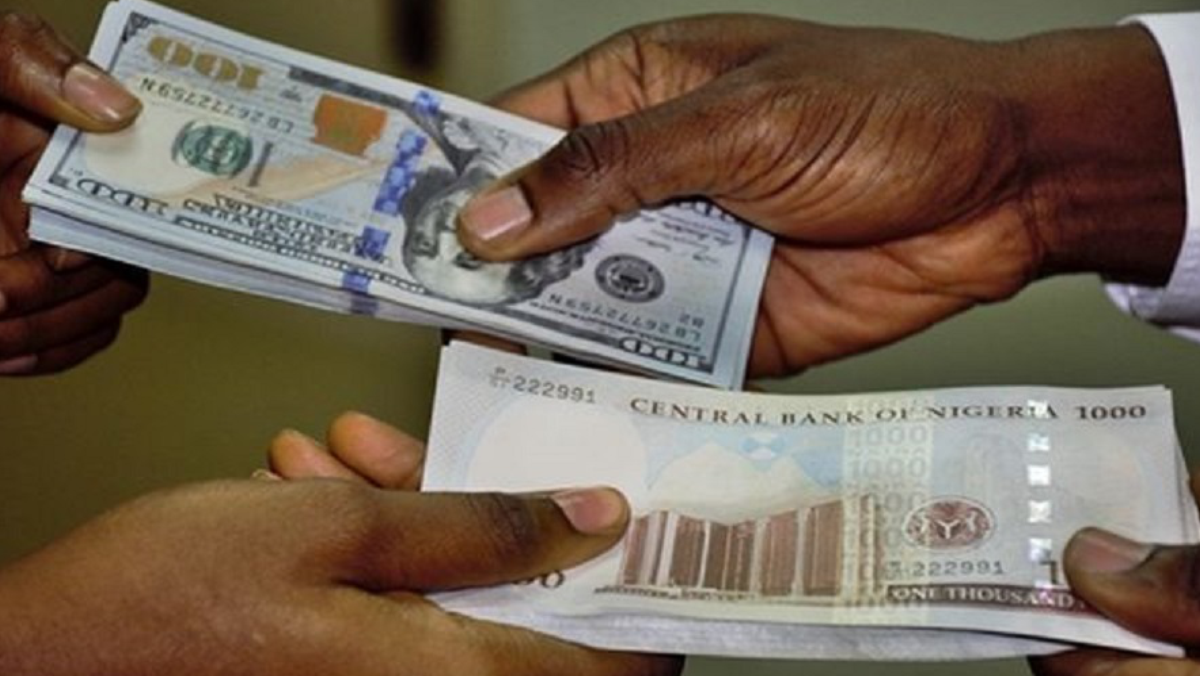Naira Hits N930/$ On Thursday May Affect Petrol Price
- Posted on August 11, 2023
- Stock Market
- By PETER AGADA

The fall of the naira in both the parallel and official markets on Thursday was a result of the high demand for the dollar, which extended the difference between the two windows to more than N150.
At the close of trade on Thursday, the naira fell to N930, down from N875 at the parallel market, with the local currency also falling at the Nigeria Autonomous Foreign Exchange (NAFEX) market.
From the records, the naira had strengthened slightly early this week, trading at N730 to the dollar at the NAFEX market, before falling to N782 to the dollar as of Wednesday, according to the most current FMDQ data.
However, market trades have sold for as much as N800 to the dollar. Traders on the parallel market said that the dollar's value had risen as a result of increased demand for the dollar.
This might be attributed to tourists who fly out of the nation for summer vacations, as well as a result of heightened pressure from manufacturers and importers at the official window.
Last month, liquidity in the official window had dwindled, with total inflows falling by 65.7% month on month. Foreign exchange inflows into the Investors' and Exporters' (I&E) end of the market fell from $1.77 billion in June to $608.00 million in July, the lowest level since April 2021, when an inflow of $564.20 million was reported, according to FMDQ statistics.
Noting that foreign investors are still motivated to return in large numbers despite the forex market's liberalization, economists predict that forex liquidity conditions will remain fragile in the short term as FX backlogs remain uncertain.
According to Cordros Research analysts, “anticipate weak foreign inflows in the short term, as foreign investors will likely adopt a wait-and-see approach in the near term as they await the CBN’s actions in clearing its forex backlogs and the direction of short-term interest rates amid high inflation.”
What the President of the Petroleum Products Retail Outlets Owners Association of Nigeria (PPROOAN) Said
According to Harry, the naira decline has an effect on the price of petrol, hence customers are likely to see rising costs as the naira drops. He stated:
“So long as the naira is losing against the dollar, the price of petrol in our retail outlets will continue to increase. We have requested that the President should declare a state of emergency on our refineries to speed up their repairs.
“That is the one sure way to go, to be able to predict the price of petroleum products because for now, every PMS you buy in any retail outlet is dollarized.”
According to reports, the Central Bank of Nigeria's (CBN) apparent lack of involvement and the absence of a price control mechanism has made the issue worse.
Dumebi Oluwole, a senior analyst at Financial Derivatives Company, said on Channels Television on Thursday that the naira is struggling against the dollar because there are still worries about Nigeria's Forex supply because there has been no significant increase in the country's major sources of Forex, which include crude oil export revenue, foreign direct investments (FDIs), and remittance inflows.


Be the first to comment!
You must login to comment